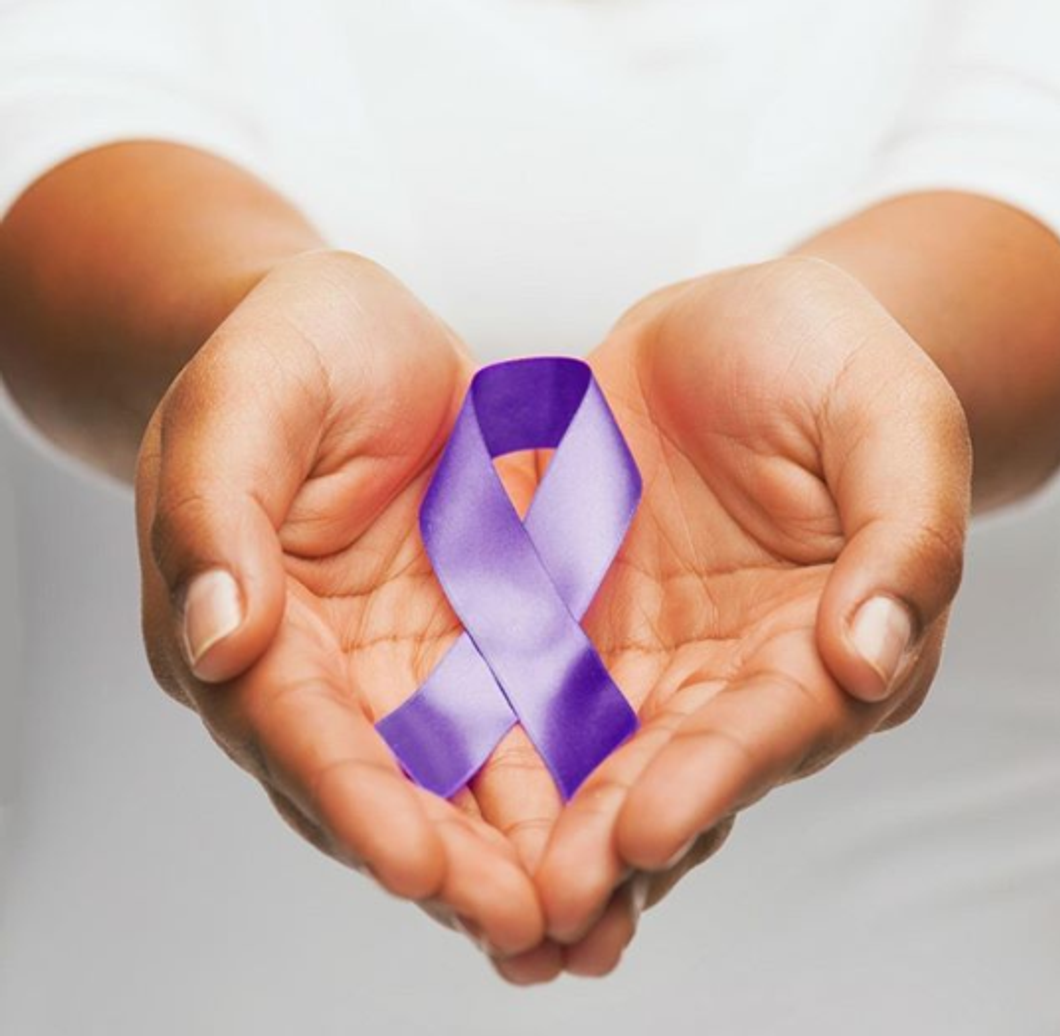October is Domestic Violence Awareness Month.
Domestic violence is violent or aggressive behavior within the home, typically involving the violent abuse of a spouse or partner. According to the National Coalition Against Domestic Violence, 1 in 3 women and 1 in 4 men in the United States have experienced physical violence by an intimate partner.
It is more common than people normally think.
However, sometimes people judge the victims because they cannot see what the victims are doing to get out of that abusive relationship, but they stay for numerous reasons.
Their self-esteem is destroyed. If the victim had low self- esteem already, it lowered even more, and if they had high self-esteem, then it's lower because the victim is made to feel as if no one else is going to love them, so they stay.
They feel responsible for their own and their partner's actions, so they are made to feel like everything that goes wrong is their fault.
It can be dangerous to leave. Women are seventy times more likely to be killed in the weeks after leaving their abusive relationship than any other time in the relationship, according to the Domestic Violence Intervention program.
Domestic violence is not just physical, it comes in many different forms.
Sexual abuse is using sex in an exploitative fashion or forcing sex on another person. Sexual abuse may involve both verbal and physical behavior. Having consented to sexual activity in the past does not indicate current consent.
Emotional abuse is any behavior that exploits anther's vulnerability, insecurity, or character. Such behaviors include continuous degradation, intimidation, manipulation, brainwashing, or control (it is often subtle, almost always insidious and pervasive, and it is the abuser's way to maintain their dominance over the victim) of another to the detriment of the individual.
Verbal abuse is any abusive language used to denigrate, embarrass or threaten the victim.
Financial abuse is a way to control the victim through manipulation of economic resources.
Domestic violence is extremely difficult to deal with and often ends in the death of the victim or sometimes justice for them. However, not enough survivors get the justice that they rightfully deserve. Therefore, this month is to celebrate them. Also, it is to bring awareness to domestic violence, including what it is and how we can end it. This can encourage people to seek the support that they need to get out of an abusive relationship and began healing. We need to use this month to create discussions about domestic violence and how to assist people that are being affected by it.
Let's support and celebrate survivors!
If you or anyone you know is a victim of domestic violence, call The National Domestic Violence Hotline: 1−800−799−7233 or TTY: 1−800−787−3224









































